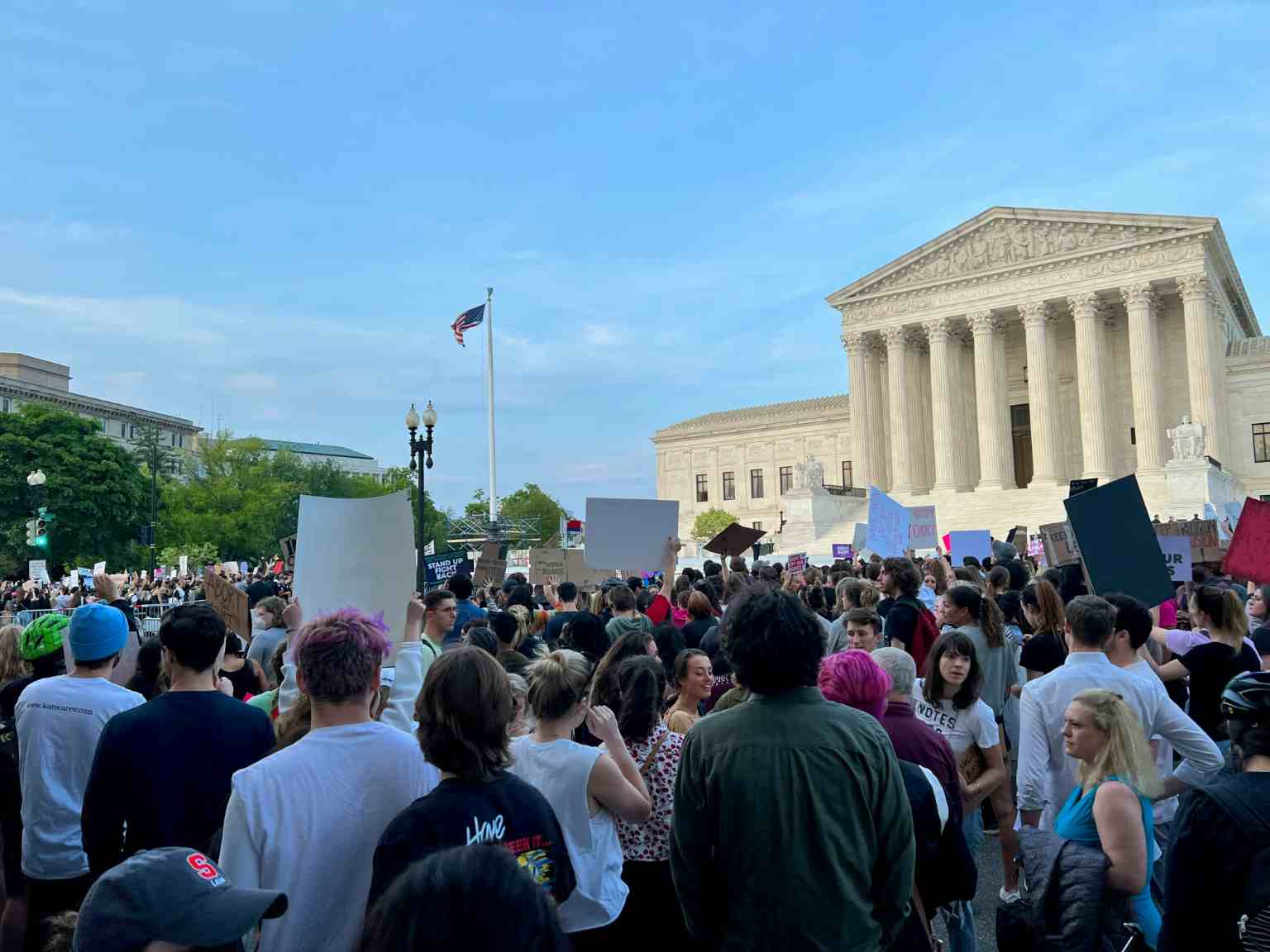The U.S. Department of Homeland Security (DHS) has closed three major civil rights oversight offices as of July 30, 2025, under President Trump’s latest immigration enforcement push. This move comes during a sharp rise in deportations and has sparked immediate legal and political battles, leaving many immigrants and advocates worried about the loss of protection and support.
DHS shut down the Office for Civil Rights and Civil Liberties (CRCL), the Citizenship and Immigration Services Ombudsman (CIS Ombudsman), and the Office of Immigration Detention Ombudsman (OIDO). These closures happened quickly, affecting thousands of pending complaints and cutting off direct help for noncitizens and employers. According to analysis by VisaVerge.com, the decision has left many in legal limbo, with no clear way to report civil rights violations or get help with immigration cases.

A coalition of 21 state attorneys general, led by New York Attorney General Letitia James, filed a legal brief in May 2025, urging a federal court to block DHS’s actions. James called the closures “dangerous and unprecedented,” stressing that these offices play a vital role in protecting civil rights and helping people with immigration problems. The coalition argues that shutting down these offices will lead to more delays and denials for work visas, green cards, and other benefits, and will force states to spend more on legal aid for immigrants.
Civil rights and immigration advocates warn that the loss of oversight increases the risk of unchecked abuses and due process violations. The American Civil Liberties Union (ACLU) and the American Immigration Council say that without these offices, there is no way for people to seek help if their rights are violated or if they face wrongful deportations.
DHS leaders say the closures are part of a plan to focus resources on enforcement, following President Trump’s 2025 executive orders. These orders expand expedited removal, end protections for certain groups, and remove limits on where immigration enforcement can happen, such as schools or hospitals. This is expected to increase deportations and reduce legal protections for many.
The three offices were created by Congress after 9/11 to make sure DHS followed civil rights laws and to help noncitizens with complex immigration processes. While past administrations sometimes limited their work, completely closing them is new and has led to lawsuits and public outcry.
As of July 2025, federal courts are deciding if DHS has the power to close these offices. Temporary court orders have paused some actions, but the final outcome is still pending. In the meantime, people needing help must turn to state-funded legal aid or private lawyers, as no federal alternative exists.
For those affected, contacting state attorneys general or local legal aid groups is now the best option. For official updates and information, visit the U.S. Department of Homeland Security’s website. The future of civil rights oversight at DHS depends on the courts and possible new laws from Congress. Many worry that if the closures stand, civil rights protections and fair immigration processes will be much harder to access.
Learn Today
Department of Homeland Security (DHS) → U.S. federal agency managing national security, immigration enforcement, and civil rights compliance.
Civil Rights Oversight → Monitoring to ensure government actions comply with laws protecting individual freedoms and equality.
CIS Ombudsman → The office providing assistance to immigrants with immigration service issues and complaint resolution.
Expedited Removal → Fast-track process to deport some unauthorized immigrants without a full hearing.
Executive Orders → Directives from the President to manage federal government operations, affecting immigration policy.
This Article in a Nutshell
On July 30, 2025, DHS shut three key civil rights oversight offices, escalating concerns amid rising deportations under Trump’s enforcement focus, disrupting immigrants’ legal protections and prompting legal battles over federal authority and civil rights safeguards at critical U.S. immigration agencies.
— By VisaVerge.com












